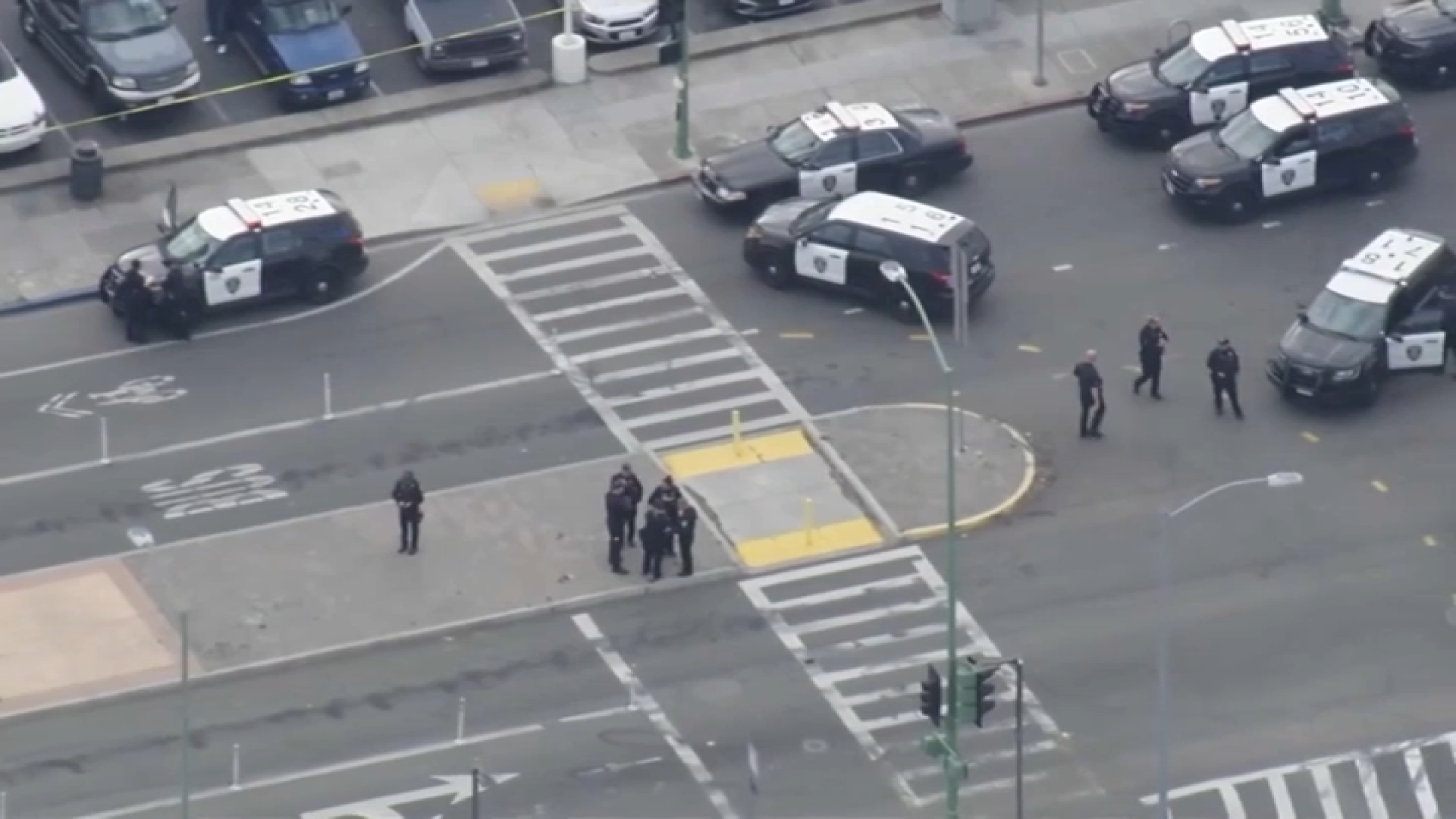Wednesday marked the anniversary of one of the first and most infamous uses of a presidential executive order.
Executive Order 9066, issued in 1942, led to the incarceration of 120,000 people of Japanese descent, including many American citizens.
To mark the anniversary, San Jose State University held a day of remembrance, focusing on the past and the future.
A building on the San Jose State campus is named after Yosh Uchida, a longtime Japanese American community icon and former U.S. Olympic judo coach. But it's also the building where local Japanese and Japanese Americans had to register before losing their property and being sent to internment camps.
The university acknowledges what it calls that shameful part of its history and has turned the day of remembrance into a day of action.
The San Jose Taiko Group launched what the college called its day of joyful resistance, turning the day the U.S. incarcerated Japanese and Japanese Americans into a painful but necessary history lesson that shouldn’t be forgotten.
"History is repeating itself today and telling those most vulnerable, once again, that this is not their home, that there's no homecoming for you," Santa Clara County Supervisor Betty Duong said.
Local
The discussions and breakout sessions focused on why the attitude toward internment is relevant today.
"We need to be those who stand up now, especially for our undocumented population, for our trans students, for women, all of those things," Yvonne Kwan said.
Get a weekly recap of the latest San Francisco Bay Area housing news. Sign up for NBC Bay Area’s Housing Deconstructed newsletter.
The word resistance was heard throughout the day.
"I think that people are hesitant to use the word resistance because of repercussions or any type of retaliatory behaviors that they may experience, but what we’ve seen is that we need to speak up and we need to stand up against injustice or it will continue to happen," Mountain View Mayor Ellen Kamei said.
Sus Ikeda, 99, was among those who were interned. He said his generation didn’t really know how to respond to the executive order then.
"We didn’t do anything to break the law or anything," he said. "It was just because of our racial background that we were thrown into camp."
San Jose State is also in the midst of creating a mural project that will feature artistic displays on days of remembrance so that not only what happened will be taught in class but shown on walls throughout the campus for students and staff to see every day.



